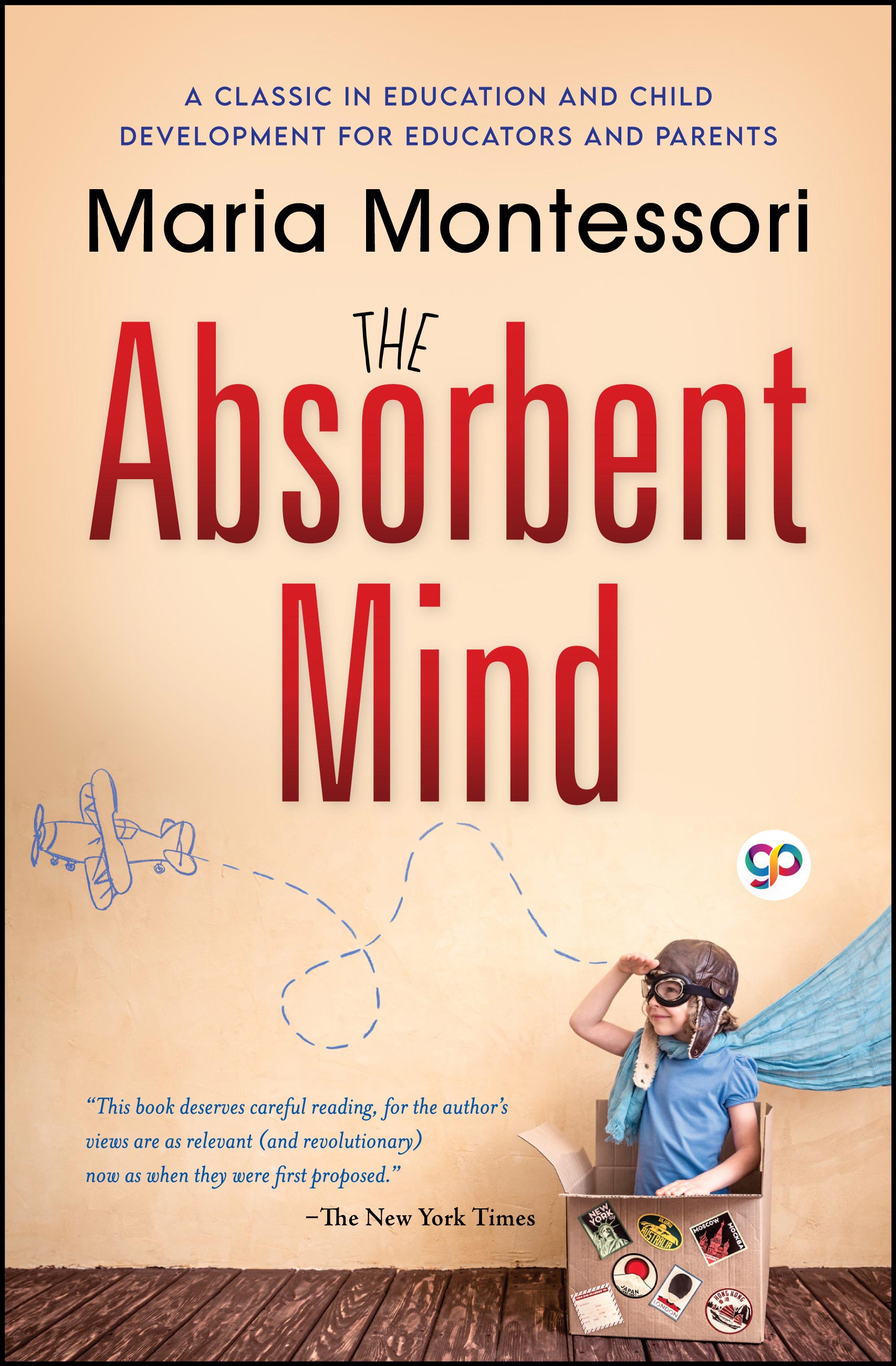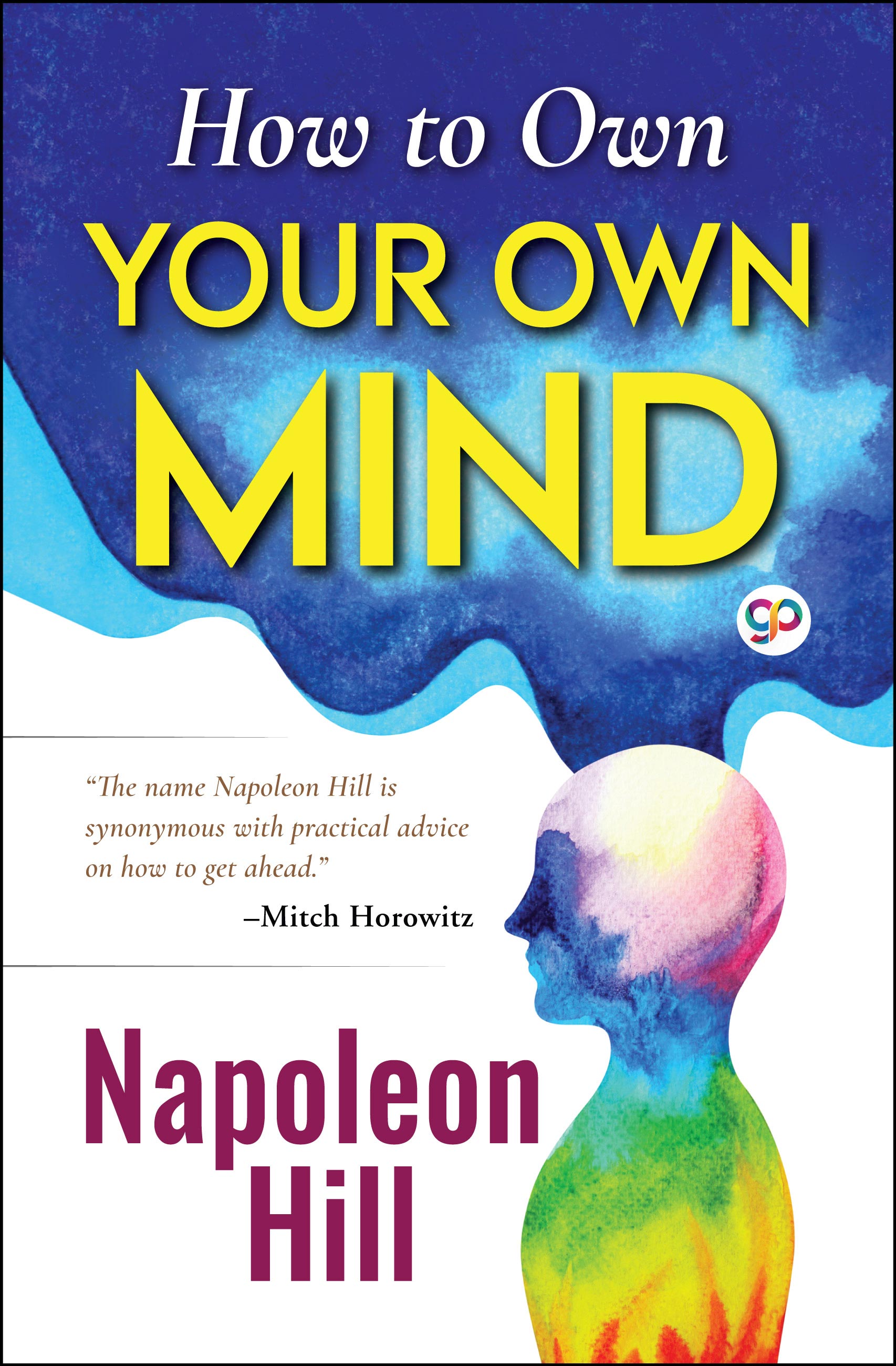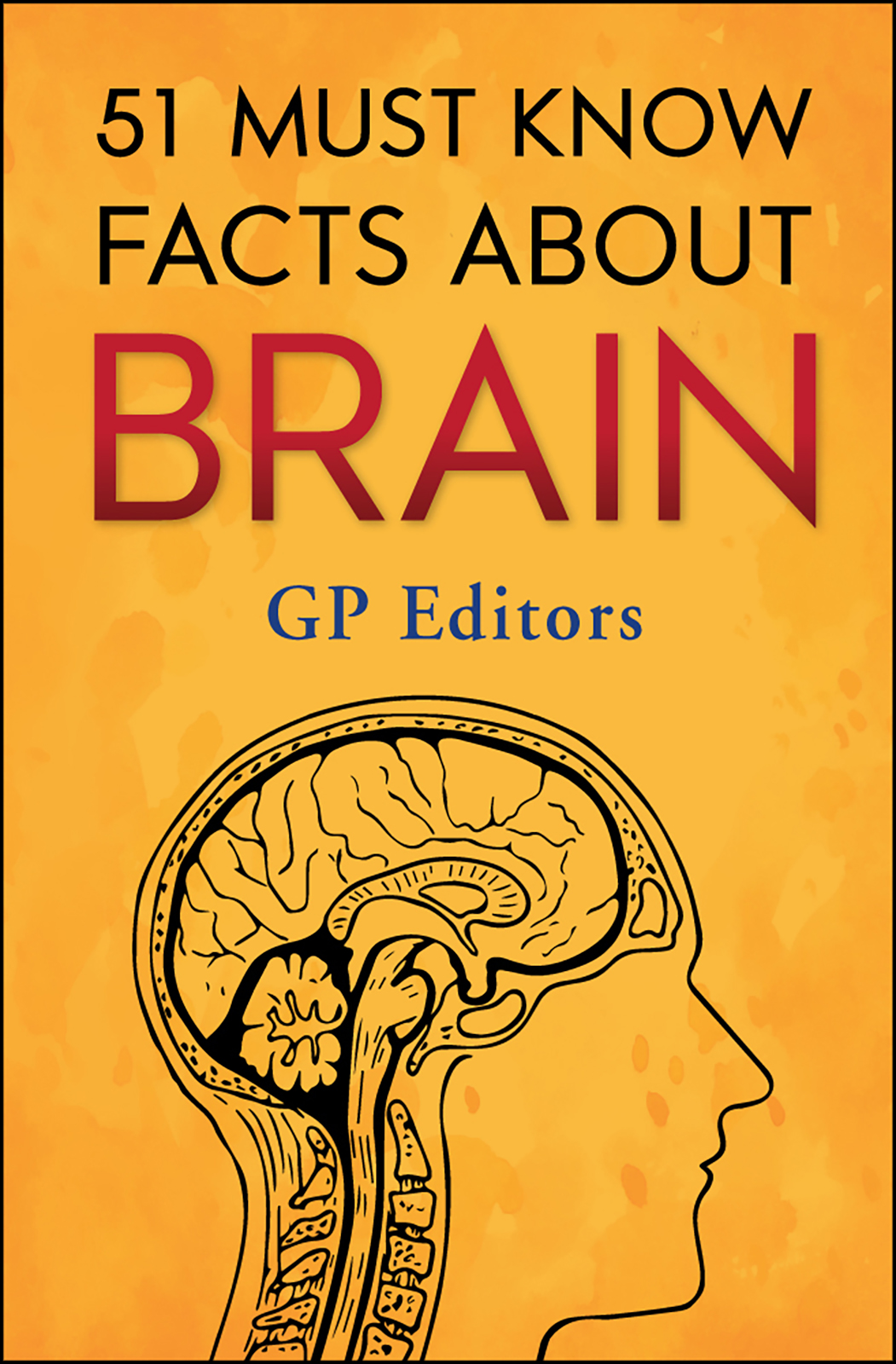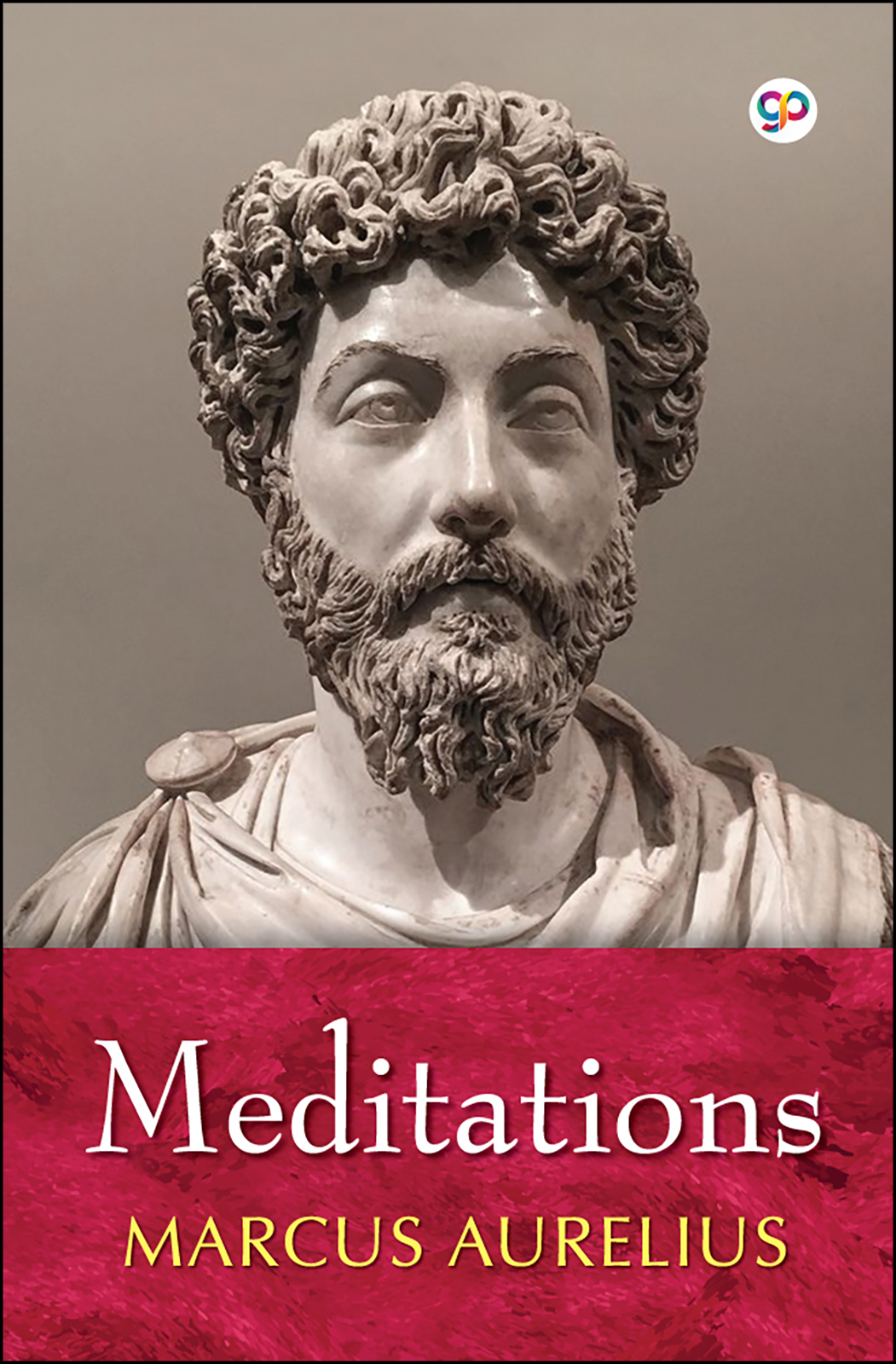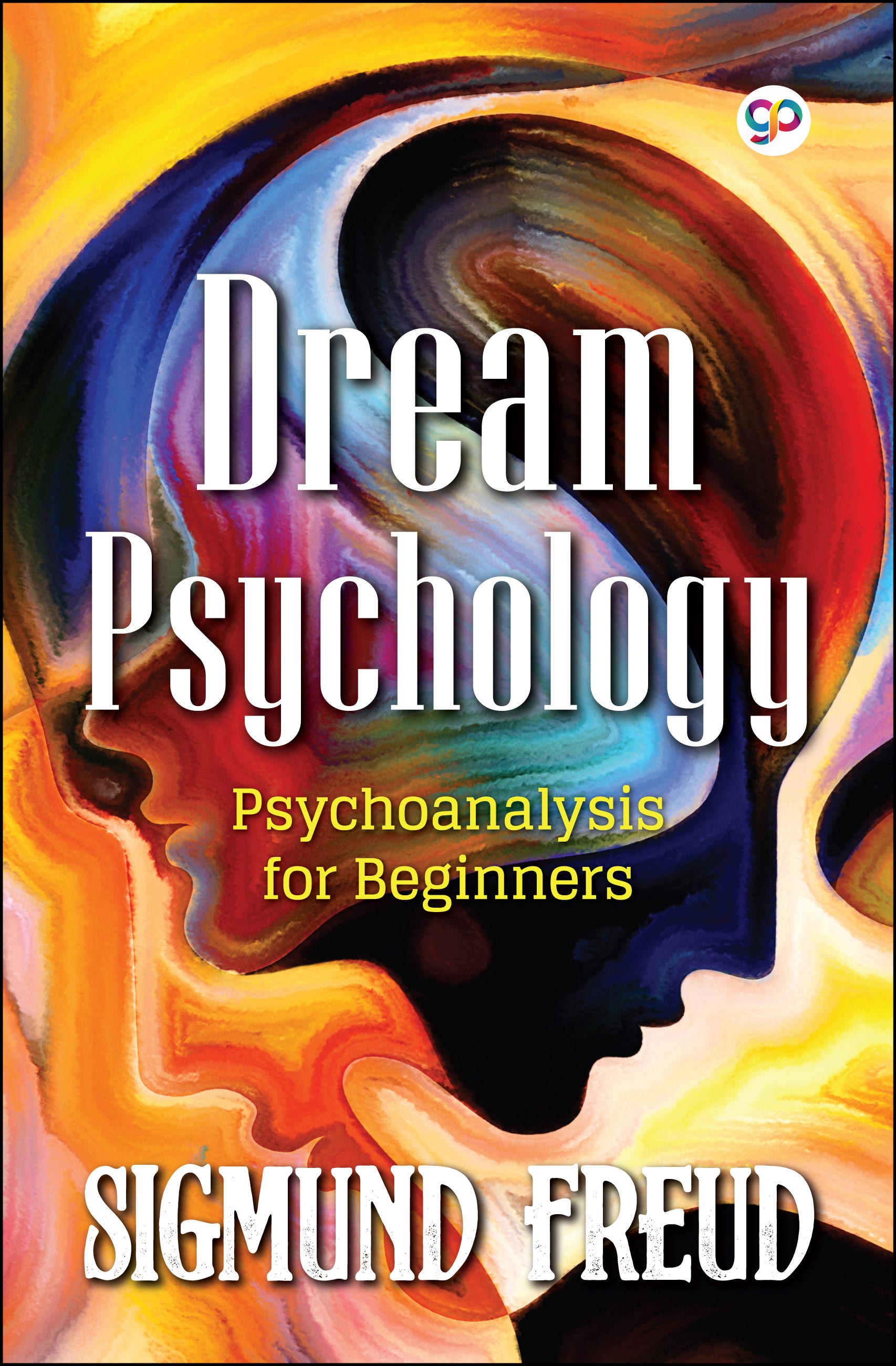
Dream Psychology (eBook)
Dream Psychology has been described as the key to Freud's works and, in fact, the key to all modern psychology, as well as a great study of psychoanalysis for beginners. But it is an excellent guide to professionals also. This book shows how your dreams have a meaning and how they can be interpreted. This interpretation of your dreams explains the fears and anxieties as well as the wishes and desires of your unconscious mind. Sigmund Freud's (1856-1939) attitude toward dream study was that of a statistician who does not know, and has no means of foreseeing, what conclusions will be forced on him by the information he is gathering, but who is fully prepared to accept those unavoidable conclusions. This was indeed a novel way in psychology... Five facts of first magnitude were made obvious to the world by his interpretation of dreams. First of all, Freud pointed out a constant connection between some part of every dream and some detail of the dreamer's life during the previous waking state... Secondly, Freud, after studying the dreamer's life and modes of thought, after noting down all his mannerisms and the apparently insignificant details of his conduct which reveal his secret thoughts, came to the conclusion that there was in every dream the attempted or successful gratification of some wish, conscious or unconscious. Thirdly, he proved that many of our dream visions are symbolical, which causes us to consider them as absurd and unintelligible; the universality of those symbols, however, makes them very transparent to the trained observer. Fourthly, Freud showed that sexual desires play an enormous part in our unconscious, a part which puritanical hypocrisy has always tried to minimize, if not to ignore entirely. Finally, Freud established a direct connection between dreams and insanity, between the symbolic visions of our sleep and the symbolic actions of the mentally deranged.
BEST SELLERS
About the Author
Sigmund Freud (1856-1939) is one of the twentieth century's greatest minds and the founder of the psychoanalytic school of psychology. His many works include 'The Ego and the Id', 'An Outline of Psycho-Analysis', Civilization and Its Discontent, and others. He was an Austrian neurologist who became known as the founding father of psychoanalysis. Freud qualified as a doctor of medicine at the University of Vienna in 1881, and then carried out research into cerebral palsy, aphasia and microscopic neuroanatomy at the Vienna General Hospital. He was appointed a university lecturer in neuropathology in 1885 and became a professor in 1902. In creating psychoanalysis, a clinical method for treating psychopathology through dialogue between a patient and a psychoanalyst, Freud developed therapeutic techniques such as the use of free association and discovered transference, establishing its central role in the analytic process. Freud's redefinition of sexuality to include its infantile forms led him to formulate the Oedipus complex as the central tenet of psychoanalytical theory. His analysis of dreams as wish-fulfillments provided him with models for the clinical analysis of symptom formation and the mechanisms of repression as well as for elaboration of his theory of the unconscious as an agency disruptive of conscious states of mind.




